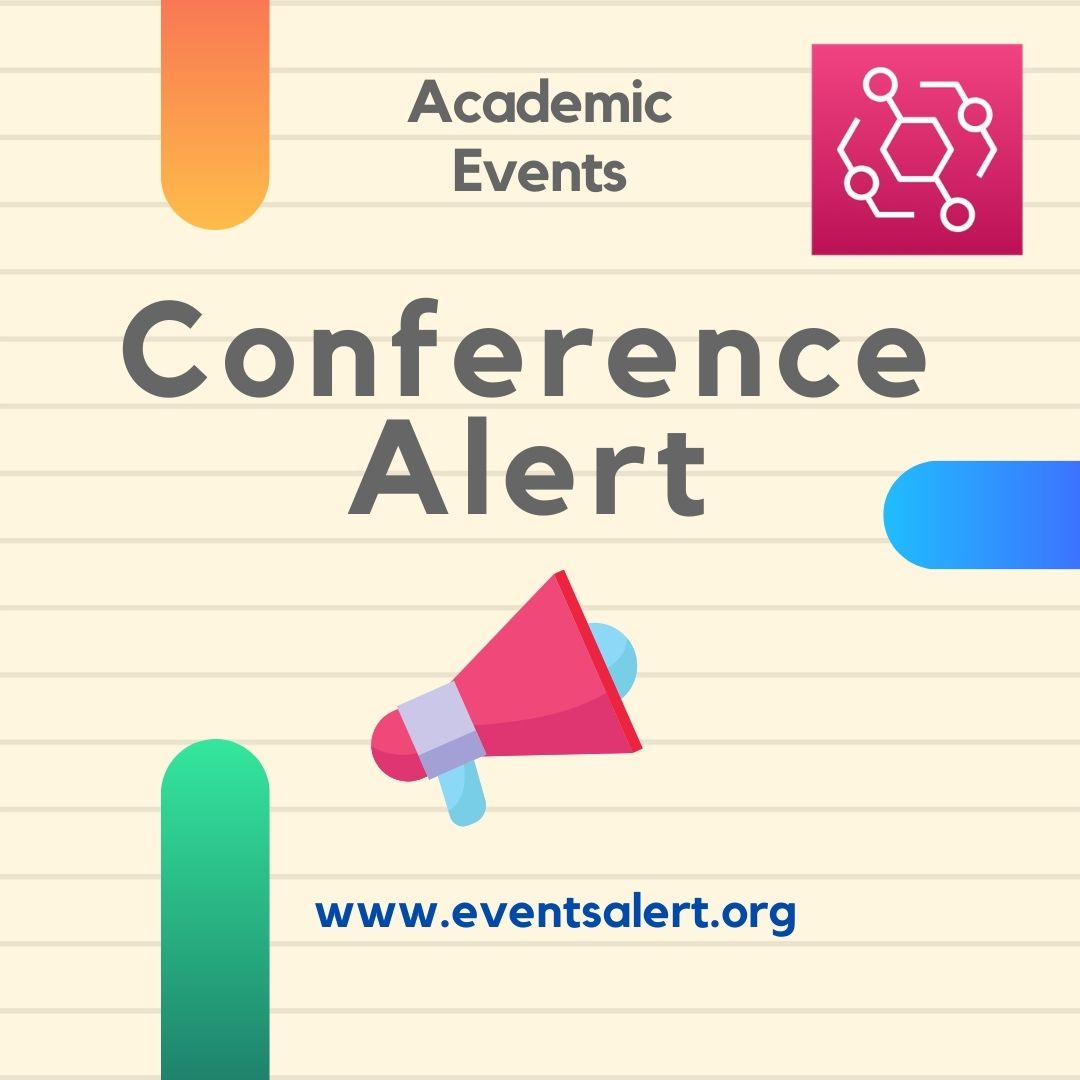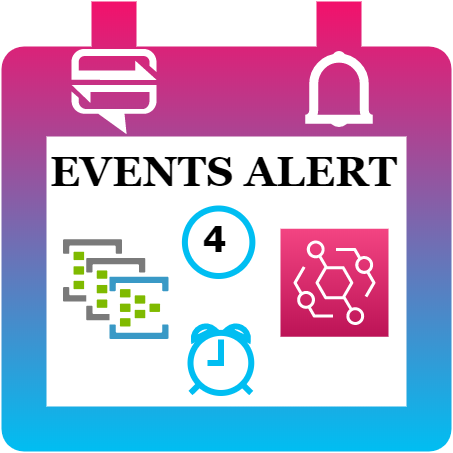
12th International Conference on Wireless Communication and Sensor Networks
icWCSN 2025 will be held during April 11-13, 2025 in Shenzhen, China. It aims at a key theme on wireless communication and sensor networks. It is a great opportunity to get together and share ideas and knowledge among the Industry experts, researchers and academics.
We invite you to submit your latest research results for presentation. You are also welcomed to suggest any topic, activity or scientific program you would like to see covered during the conference. Your active contribution will be crucial to the success of the conference and its impact on our global mission.
YOU ARE INVITED TO SUBMIT PAPERS IN ALL AREAS OF WIRELESS COMMUNICATIONS AND SENSOR NETWORKS. POTENTIAL TOPICS INCLUDE, BUT ARE NOT LIMITED TO:
TRACK 1: PHY AND FUNDAMENTALS
Track Chair: Qiaoshou Liu, Chongqing University of Posts and Telecommunications, China
- Channel modeling, characterization and estimation
- Modulation, coding, diversity, equalization, synchronization
- Multi-carrier modulation, waveform design
- Interference modeling, management, cancellation and alignment
- PHY strategies for low-rate, sporadic and asynchronous communications
- MIMO, massive MIMO and cloud-RAN
- Cooperative, device-to-device and multi-hop communication
- Cognitive radio, spectrum sensing
- Content caching and storage in wireless networks
- PHY layer design for cellular, wireless LAN, ad hoc and sensor networks
- Energy efficient and energy harvesting PHY layer design
- Joint information and energy transmission
- PHY layer security and privacy
- Ultra-wideband, mmWave and sub-THz communication
- Information-theoretic aspects of wireless communications
- Signal processing for wireless communications
- Molecular and nano communications
- AI, machine learning and data analytics for wireless communications
- Beyond 5G and 6G
- Full duplexing
TRACK 2: MAC AND CROSS-LAYER DESIGN
Track Chair: Assoc. Prof. Sansan Sun,Sichuan Normal University, China
- Wireless MAC protocols for 5G: design, analysis, and optimization
- Cognitive and cooperative MAC
- MAC for mesh, ad hoc, relay and sensor networks
- Scheduling and radio resource management
- Cross-layer MAC design
- Software defined radio, RFID MAC
- QoS support and energy efficient MAC
- MAC protocol for energy harvesting wireless networks
- MAC design for multitier cellular/small cell networks
- Multiple access in machine-to-machine communication
- MAC for cloud-RAN
- MAC protocols for molecular and nano networks
- MAC protocols for mmWave networks
- Full-duplex MAC design
- Cross-layer design for massive MIMO and multiuser MIMO networks
- AI, machine learning and data analytics for MAC and cross-layer design
TRACK 3: WIRELESS NETWORKS
Track Chair: Prof. Wenzhe Gu, Huizhou University, China
- Software-defined mobile / wireless networks
- Wireless Network Functions Virtualization
- Virtual network management and orchestration
- Mobile cloud
- Fog computing and networking
- Mobile Edge Computing
- Mesh, relay, sensor and ad hoc networks
- Routing and congestion in wireless networks
- Cognitive radio and networking
- Resource management and optimization
- Mobile big data and network data analytics
- Wireless network security and privacy
- Mobile social networks
- Wireless network measurements and characterization
- AI, machine learning and data analytics for wireless networks
- Wireless networking for autonomous vehicles
- Wireless networking for smart X (energy, factory, city, etc.)
- IoT wireless networking
TRACK 4: EMERGING TECHNOLOGIES, ARCHITECTURES AND SERVICES
Track Chair: Prof. Xiao Ding, Macau University of Science and Technology, China
- Mobile / Wireless network support for vertical industries
- Adaptive content distribution in on-demand services
- Context and location-aware wireless services and applications
- User-centric networks and adaptive services
- Wireless body area networks and e-health services
- Intelligent transportation systems
- Dynamic sensor networks for urban applications
- Wireless emergency and security systems
- Ultra-reliable communication
- Enabling regulations, standards, spectrum management
- Hybrid licensed/unlicensed spectrum access schemes
- Technologies, architectures and enabling business models for rural communications
- Satellite-based mobile access and backhaul
- Hybrid satellite-terrestrial networks
- Testbed and prototype implementation of wireless services
- Quantum communication

